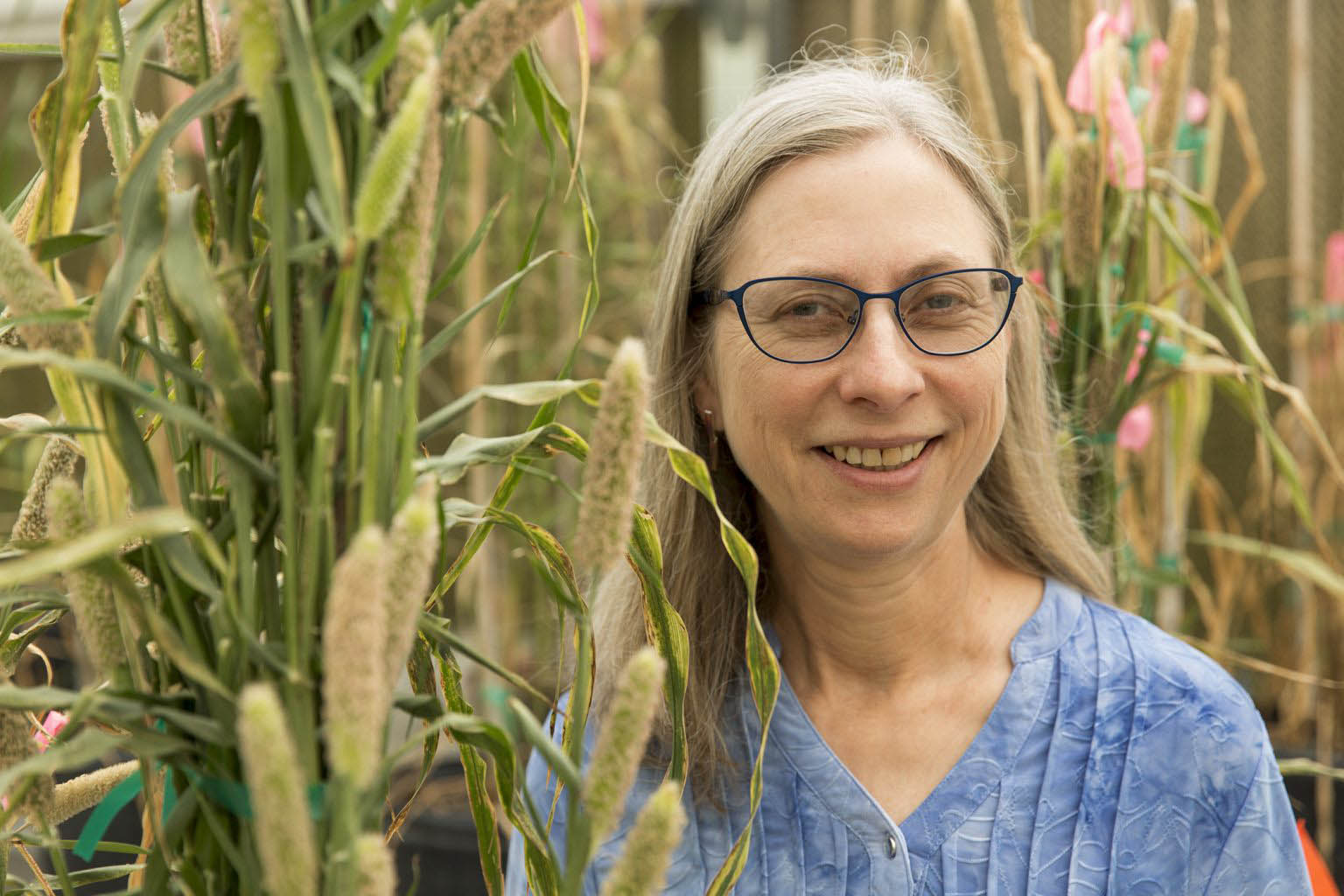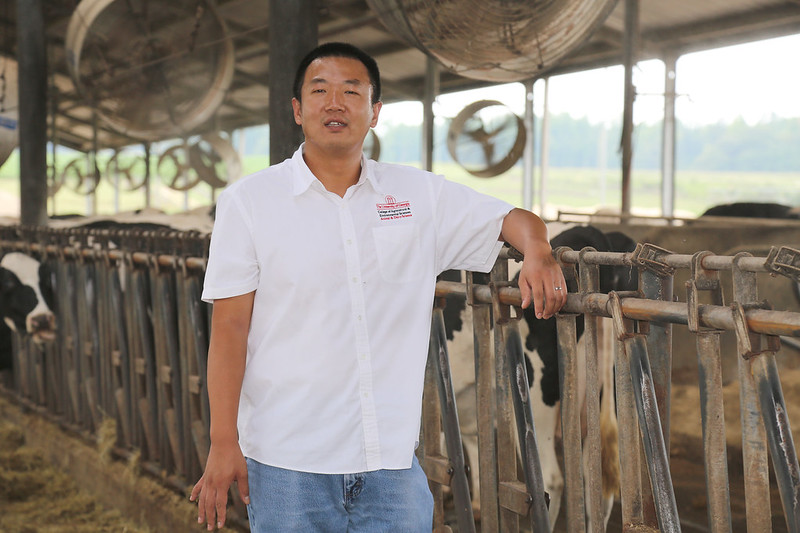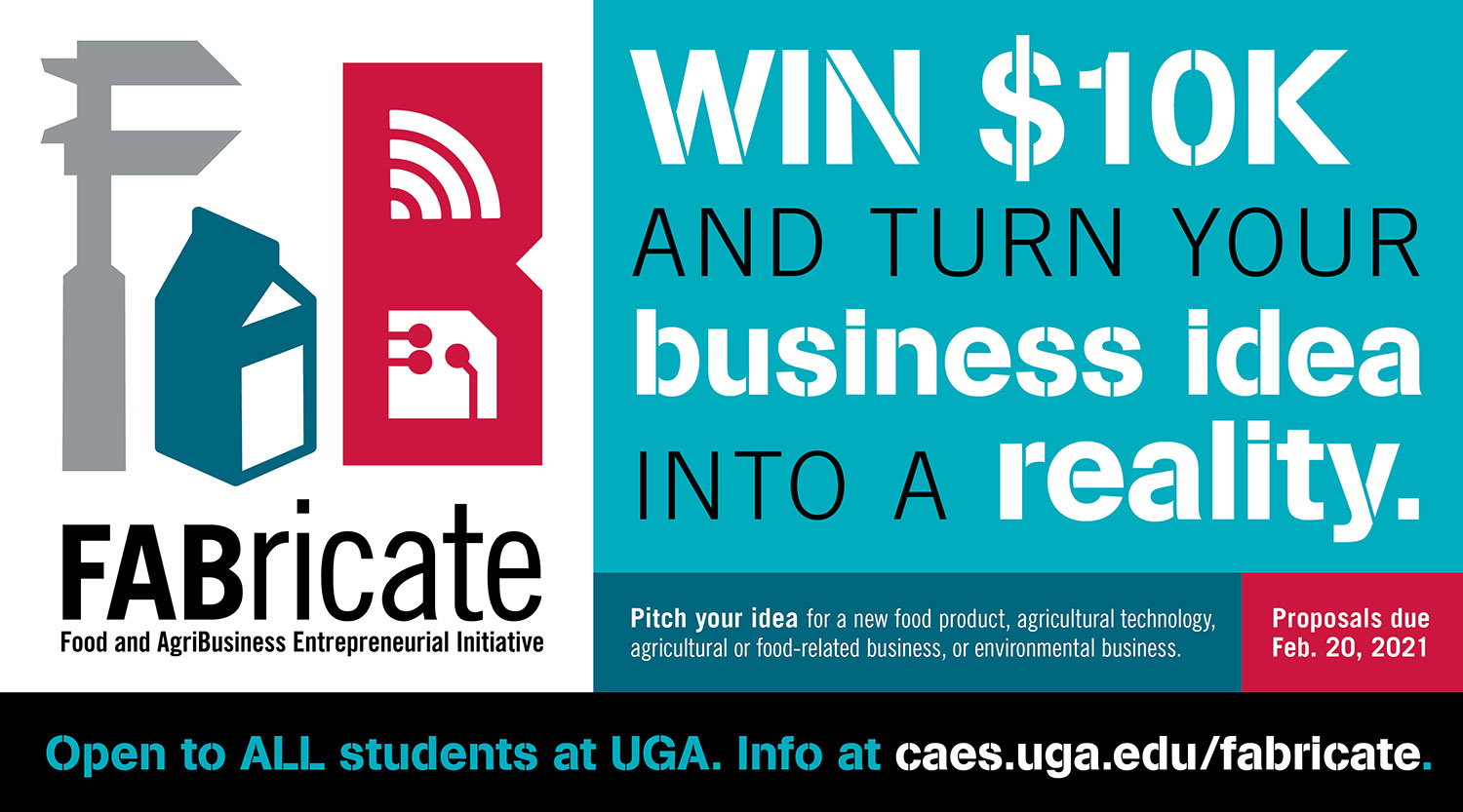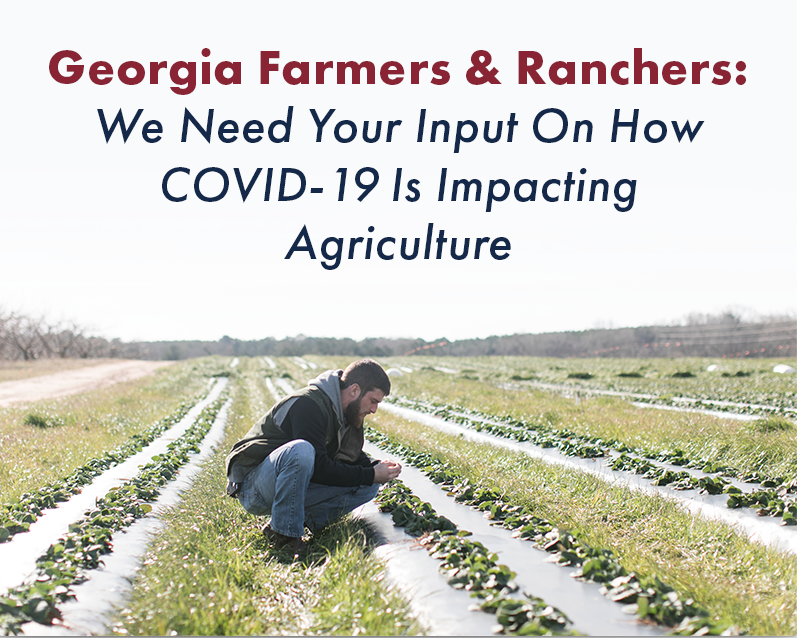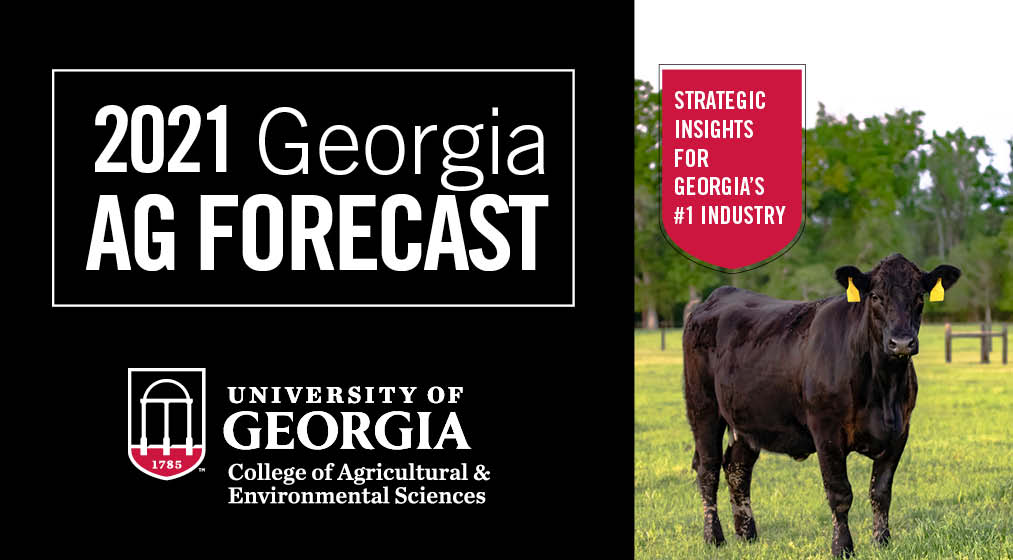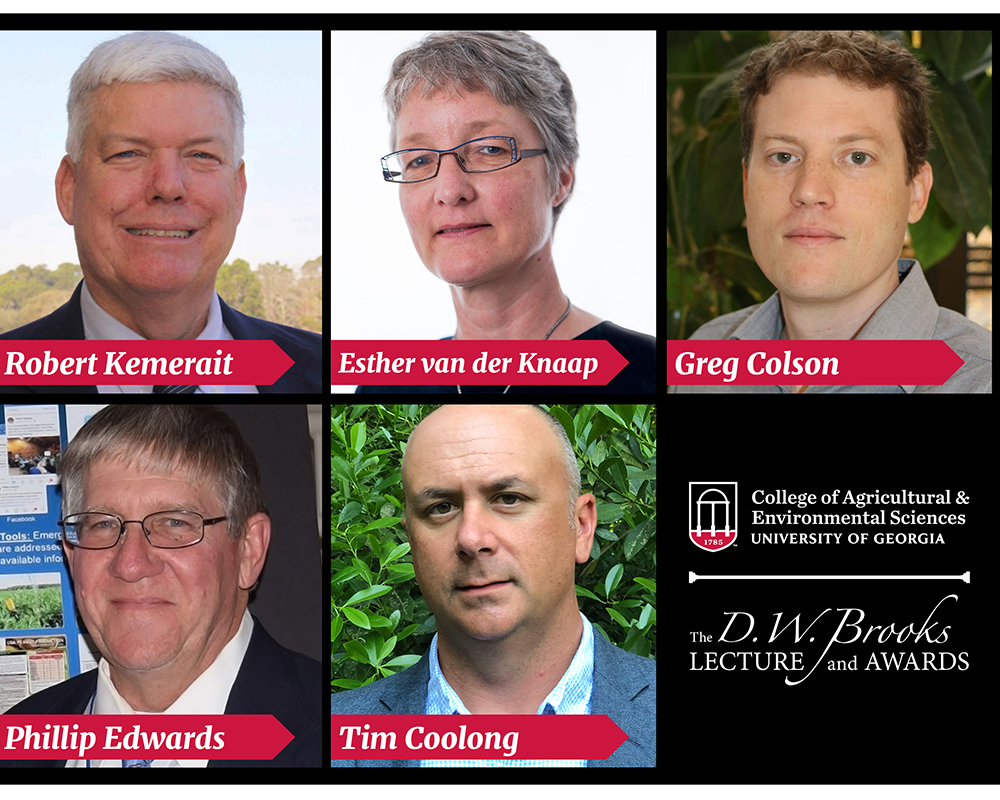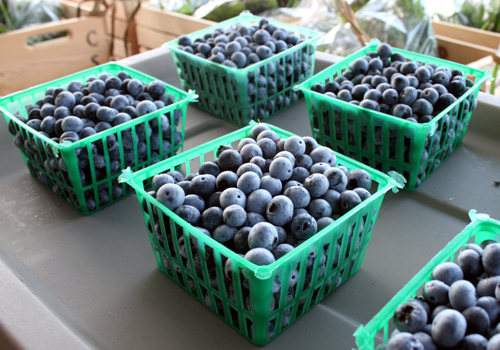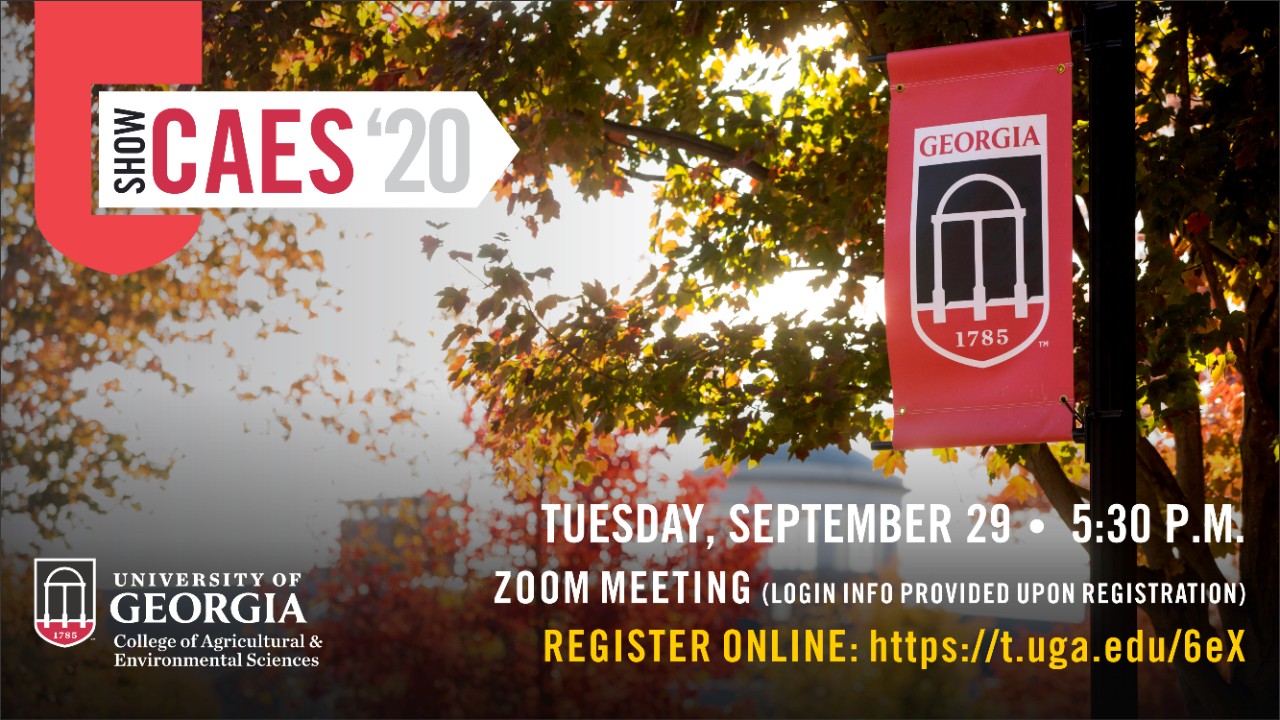 CAES News
CAES News
CAES Convocation
While plans for spring commencement at the University of Georgia will now include unlimited guests and the option for students to sit on Dooley Field at Sanford Stadium, the College of Agricultural and Environmental Sciences (CAES) will proceed with plans for a virtual Convocation ceremony for its undergraduate and graduate candidates at 6 p.m. Thursday, May 13.

